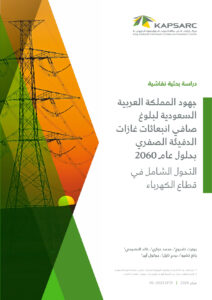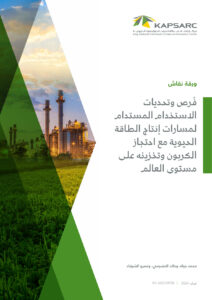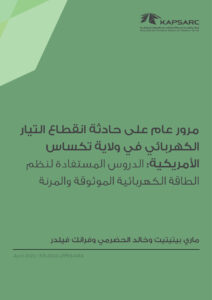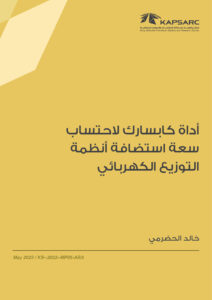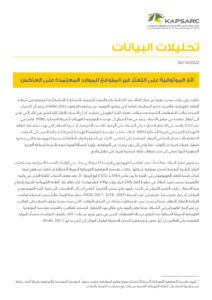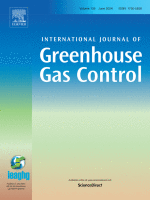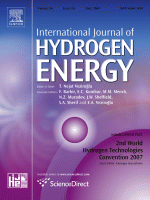محلل في برنامج خدمات الطاقة والطاقة المتجددة في كابسارك. وهو مهندس طاقة كهربائية وآلات، حاصل على درجة البكالوريوس من قسم الهندسة الكهربائية بجامعة الملك عبد العزيز. ينصب عمله في كابسارك على مصادر الطاقة المتجددة، ونمذجة الطاقة، ومجال أنظمة الطاقة الكهربائية.
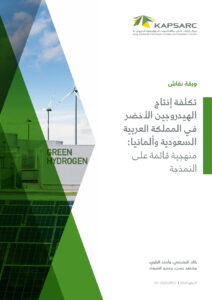
تكلفة إنتاج الهيدروجين الأخضر في المملكة العربية السعودية وألمانيا: منهجية قائمة على النمذجة
بالنظر إلى التزام أكثر من سبعين دولة بتحقيق الحياد الصفري بحلول منتصف هذا القرن أو نحو ذلك، فمن المتوقع أن يلعب الهيدروجين منخفض الكربون دورا محوريًا في تحقيق اقتصاد عالمي خالٍ من الكربون، لا سيما في القطاعات الأقل اعتمادًا على الكهرباء، التي عادة ما يطلق عليها اسم الصناعات التي يصعب خفض انبعاثاتها.
25th مارس 2024
